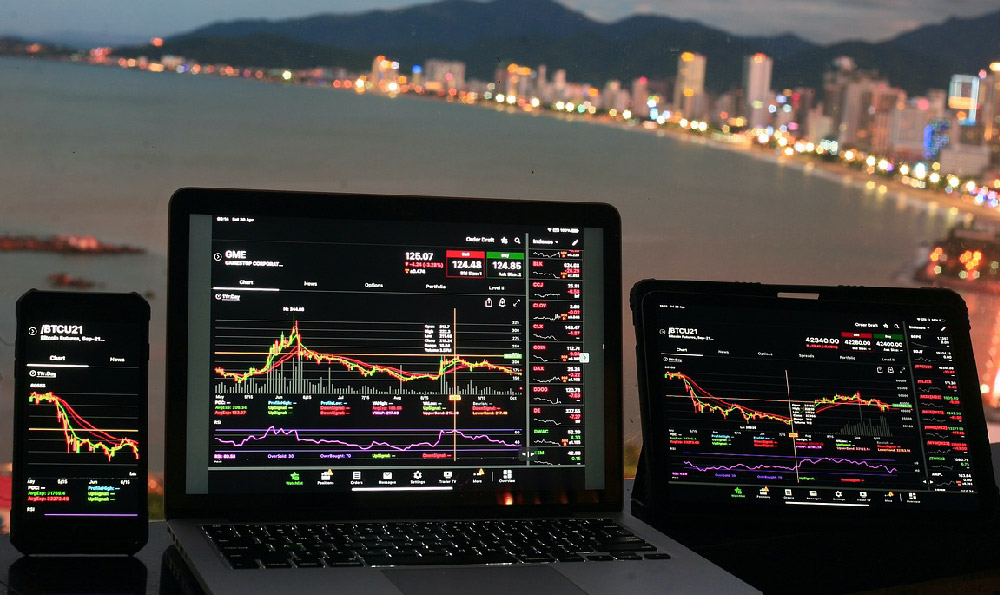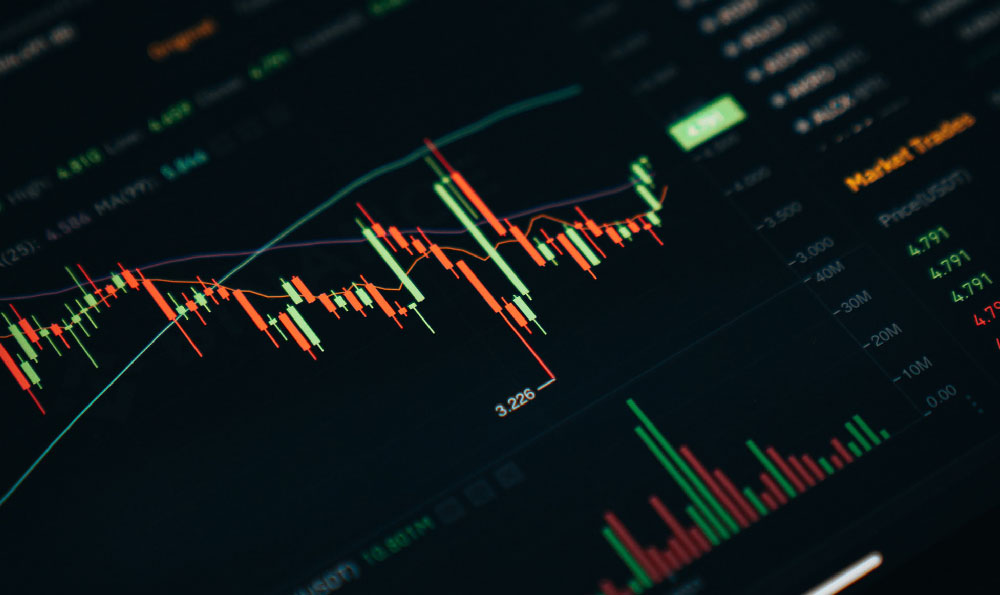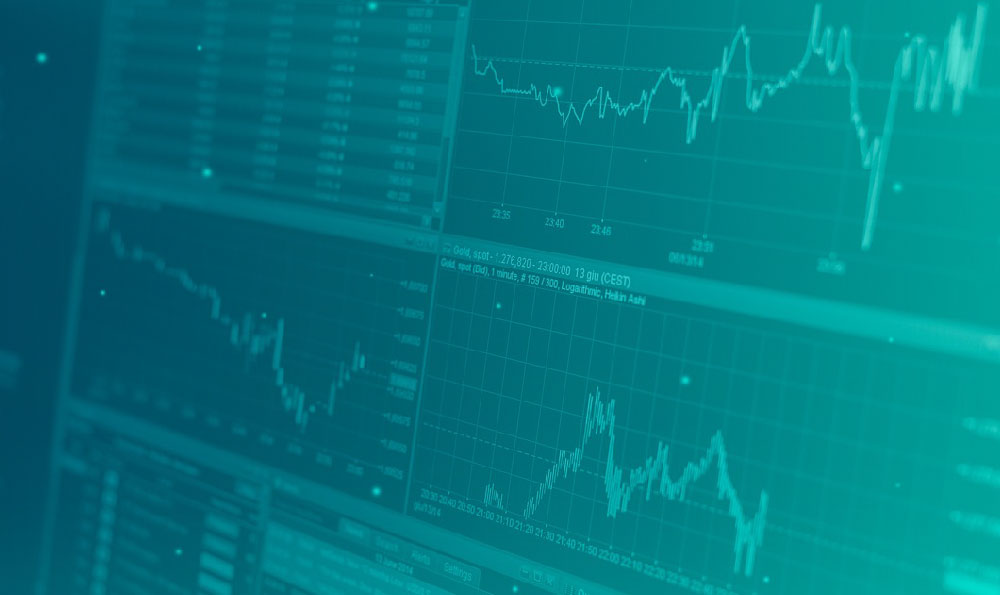The world of cryptocurrency can feel like a labyrinth, especially when you're trying to navigate the complexities of hardware wallets and specific tokens like XRP. The question of whether you can directly buy XRP on Ledger Live and where else to acquire it besides KeepBit highlights a common point of confusion for crypto users. Let's dissect this issue and provide a clear understanding of your options.
Ledger Live, the companion application for Ledger hardware wallets, doesn't function as a direct cryptocurrency exchange. It's primarily designed as an interface for managing your private keys, securely storing your digital assets offline, and interacting with various blockchain networks. Think of it as a fortress for your crypto holdings. While Ledger Live allows you to manage your XRP, it typically doesn't allow you to buy it directly within the application. The purchasing functionality is often integrated through third-party partners. These partners may change over time, and the availability of XRP purchases can be subject to regulatory considerations and exchange listings.
So, why the limitation? Ledger's core focus is security. Integrating a full-fledged exchange functionality would introduce additional layers of complexity and potential vulnerabilities. By partnering with reputable exchanges and aggregators, Ledger can offer users a convenient way to acquire crypto while maintaining its robust security posture. This means you'll generally need to purchase XRP on an exchange that supports it and then transfer it to your Ledger wallet for secure storage.

Now, let's explore where you can actually buy XRP, especially considering KeepBit is mentioned. If KeepBit is unavailable or unsuitable for your needs, you have several alternatives to consider.
Major cryptocurrency exchanges are the most common avenue. Platforms like Binance, Kraken, Coinbase (availability varies by region due to regulatory landscapes), and KuCoin are well-established options. However, it's crucial to verify whether XRP is actively traded and supported on these platforms in your specific jurisdiction. Due to past legal challenges faced by Ripple, the company behind XRP, some exchanges have delisted or suspended trading of XRP in certain regions, particularly in the United States. Always do your own research and confirm the exchange's policies before proceeding.
When choosing an exchange, several factors come into play. Trading fees are an important consideration. Compare the fees charged by different exchanges for buying and selling XRP. Security is paramount; opt for exchanges with a proven track record of protecting user funds and implementing robust security measures like two-factor authentication. Liquidity, the ease with which you can buy or sell XRP without significantly impacting the price, is also crucial. Higher liquidity generally translates to tighter spreads (the difference between the buy and sell price) and faster order execution.
Another approach is to utilize cryptocurrency brokers or aggregators. These platforms connect you with multiple exchanges, allowing you to compare prices and find the best available deal for XRP. Some popular options include CoinMarketCap, CoinGecko (though they don't directly sell), or dedicated crypto brokerage services. These services can simplify the process of finding a suitable exchange, but remember to always thoroughly research the underlying exchanges they connect to.
Decentralized Exchanges (DEXs) offer another, albeit more complex, alternative. DEXs operate without a central authority, enabling peer-to-peer trading directly from your wallet. However, the availability of XRP on DEXs can be limited, and you might need to use wrapped versions of XRP (tokens representing XRP on other blockchains) to trade on certain DEXs. This adds a layer of complexity, and it's essential to understand the risks associated with wrapped tokens and potential bridge vulnerabilities. Using DEXs also requires a good understanding of decentralized finance (DeFi) concepts.
Before purchasing XRP, you should consider the regulatory environment in your country or region. Cryptocurrency regulations are constantly evolving, and the legal status of XRP can vary significantly depending on where you live. Ensure you are compliant with all applicable laws and regulations. Also, be aware of potential tax implications associated with buying, selling, or holding XRP.
Purchasing XRP also involves inherent risks. The cryptocurrency market is highly volatile, and the price of XRP can fluctuate dramatically. Conduct thorough research into XRP's fundamentals, its potential use cases, and the overall market sentiment before investing. Don't invest more than you can afford to lose. The past performance of XRP is not indicative of future results.
Finally, after acquiring XRP on an exchange, remember the primary reason you likely considered Ledger Live in the first place: security. Transfer your XRP to your Ledger wallet as soon as possible to protect it from online threats. This involves generating an XRP address within your Ledger Live application and sending the XRP from the exchange to that address. Always double-check the address before initiating the transfer to avoid losing your funds.
In conclusion, while you can't directly buy XRP within Ledger Live in the traditional sense, it remains an excellent tool for securely storing and managing your XRP holdings. Explore reputable cryptocurrency exchanges, brokers, or aggregators as alternative avenues for purchasing XRP, always considering factors like fees, security, liquidity, and regulatory compliance. Remember to prioritize security by transferring your XRP to your Ledger wallet after purchase. Always conduct thorough research and understand the risks involved before investing in any cryptocurrency, including XRP. Remember that the information provided here is not financial advice, and you should consult with a qualified financial advisor before making any investment decisions.












